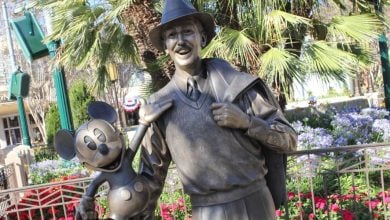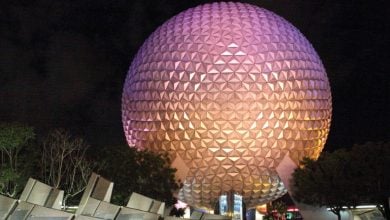The Disney Codes That Quietly Signal Trouble Behind the Magic
Stepping into Walt Disney World Resort feels like walking straight into a dream. The music syncs with your footsteps, the smells of popcorn and churros float through the air, and the view of Cinderella Castle is enough to make anyone feel like a kid again. But beneath that carefully crafted perfection is something most guests never notice.
When something goes wrong, Disney doesn’t let the cracks show. Instead of yelling instructions or creating panic, Cast Members rely on a quiet language—a series of code phrases—to communicate. These words are subtle enough to blend into the background, yet they carry significant weight. Once you know them, you’ll never hear the parks the same way again.

Ride Codes That Keep Things Moving
When a ride suddenly stops or Lightning Lane return times shoot up out of nowhere, that’s a clue that “Code 101” might have been called. It means the attraction is temporarily down. It could be something as simple as a minor reset or a bigger technical issue.
The beauty of it is how calm it all looks. Cast Members keep smiling, guests are redirected smoothly, and most people don’t even realize anything’s wrong.
Once things are fixed, “Code 102” is announced quietly among the team. The ride reopens, crowds start moving again, and the illusion of seamless fun stays intact.
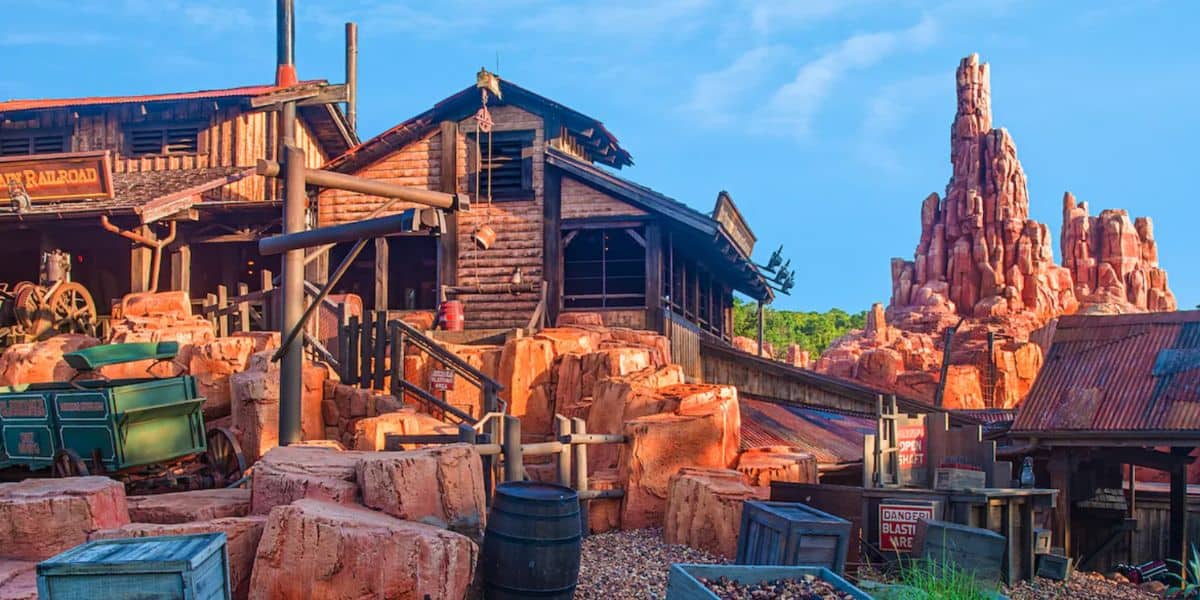
The Codes No One Wants to Hear
Then there are the less magical codes—the ones for situations nobody wants to think about. “Code A” is used if human ashes are found in the park, often scattered without permission. The Haunted Mansion is known to be a frequent target for this. Disney takes it very seriously, shutting down the area for a complete cleanup.
“Honey” or “Code H” deals with feces incidents, while “Code U” covers urine. They’re not glamorous moments, but they’re more common than guests realize, especially on hot days or in long lines. Disney handles them quickly, quietly, and efficiently.
The Famous Code V
If there’s one phrase seasoned parkgoers recognize, it’s “Code V.” That’s Disney-speak for vomit, or what Cast Members politely call a “protein spill.” It usually happens after intense rides or in the Florida heat. Within minutes, specialized custodial teams arrive, clean up, and the area returns to normal before most people even notice.
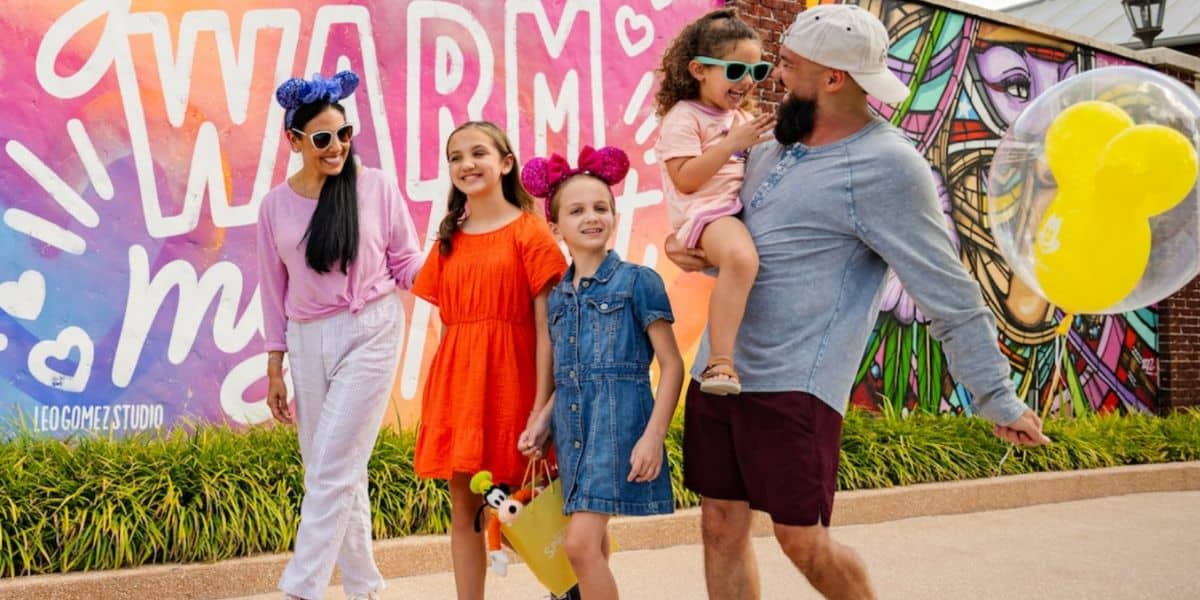
When Emergency Strikes
Sometimes, the situation is more serious. “Code Alpha” is used when medical assistance is needed, whether it’s a guest experiencing dizziness or a situation requiring paramedics. Disney’s response is quick but discreet, often involving Cast Members forming a human wall to protect the guest’s privacy.
“Signal 70” is Disney’s way of handling a child who’s been separated from their parent. By calling it a “lost parent,” they flip the narrative to keep kids calm and help reunite families without fear or panic.

Fire, Smoke, and Shoplifters
Not all codes are about bodily fluids or lost families. “Signal 25” means there’s a smoke or fire situation. It’s not always a full-on emergency—sometimes it’s just burnt food or a malfunctioning appliance—but the response is immediate.
Then there’s the word “Customer.” Disney always refers to paying visitors as “guests.” So when someone says “customer,” it’s an alert for shoplifting, letting security step in quietly without drawing attention.
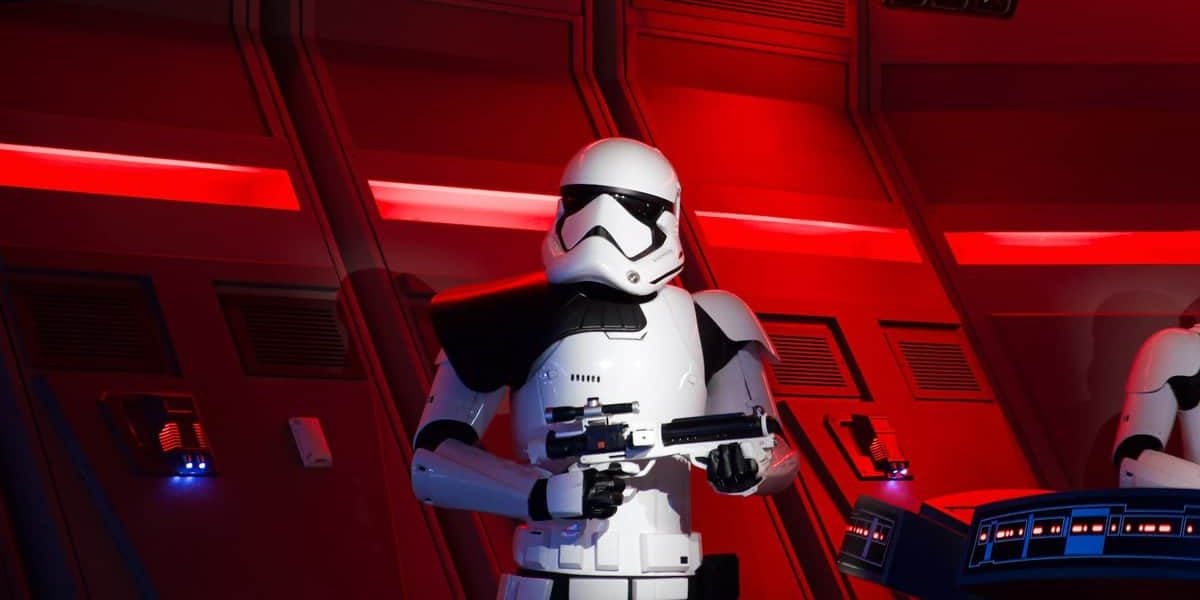
Why These Codes Matter
Every one of these words has a purpose. They keep things organized, protect guests from unnecessary stress, and maintain the magic Disney is famous for. By using code phrases, Cast Members can handle just about any situation without ever breaking character.
The Magic Stays Unbroken
The next time you’re in the parks and hear a Cast Member say something like “Code V” or “Signal 70,” you’ll know something’s happening behind the scenes. But chances are, you won’t see any chaos. That’s how good they are at it.
Disney’s magic isn’t just in its rides or parades—it’s in how smoothly the park runs even when things aren’t perfect. And that hidden language is one of its most powerful tools.



